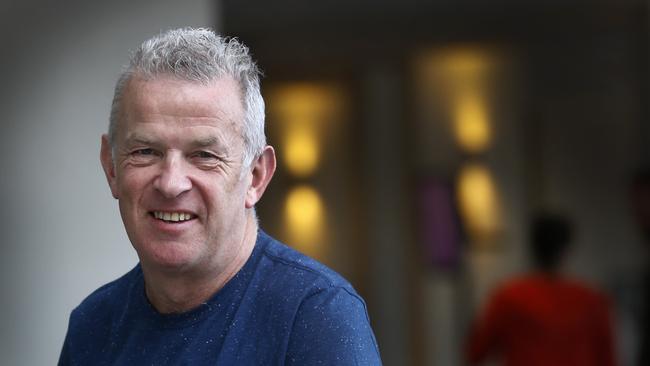Tasmanian scientists come up with four ways to offset carbon emissions
A brainy bunch of Tassie scientists are clinking their beakers in cheers after making a crazy breakthrough that could make huge waves in slowing down climate change. See what they achieved

News
Don't miss out on the headlines from News. Followed categories will be added to My News.
Tasmanian researchers have developed four methods aimed at curbing carbon emissions and mitigating the critical threat of climate change, as the world transitions towards net-zero goals.
Three oceanographers and an economist have produced four changes to ensure governments are meeting carbon offsets which include price offsets, design incentives, adapting observing networks and implementing warranties.
The University of Tasmanian’s Institute for Marine and Antarctic Studies (IMAS) oceanographer and lead author Professor Philip Boyd said billions of tons of carbon, equivalent to all the food or concrete produced in the world each year, will have to be locked away annually even with full decarbonisation.
“There are many ways to do this, from chemically extracting CO2 directly from the air, to planting trees, and seeding the oceans with iron to stimulate the growth of photosynthesising phytoplankton,” he said.
“This is where carbon removal offsets come into play, but these offsets need to be priced according to how much carbon is removed, for how long, and how reliably – so funding can be directed to the most effective climate solutions.”

University of New South Wales economist and co-author Professor Richard Holden said a reliable market for high-quality carbon offsets is vital in achieving net-zero.
“Designing such a market requires bringing science and economics together to marry technology with incentives,” he said.
The scientists have proposed four changes which include price offsets to promote high quality removal offsets that are safe and verifiable, design incentives including taxes and subsidies to encourage the uptake of ‘blue-chip’ offsets that invest in safe and verifiable technologies. Adapting observing networks to have a consistent framework for monitoring, reporting and verification of carbon removal offsets globally and implement warranties to ensure the seller’s carbon amount is removed reliably for the period claimed.
“The coming 10 years are critical to develop and mature CO2 removal technologies, to ensure they play a key role in supporting emissions reductions globally, so together they will reduce atmospheric carbon dioxide levels,” IMAS oceanographer and co-author Associate Professor Lennart Bach said.
University of Technology Sydney Pro Vice-Chancellor of Research and co-author Professor Christian Turney said researchers must engage in shaping carbon-removal markets and prepare for forthcoming large-scale projects within the next decade.
“A clear, internationally agreed framework is critical if we’re going to incentivise and deploy the technologies capable of rapidly driving down carbon pollution and reducing the impacts of global heating,” he said.




